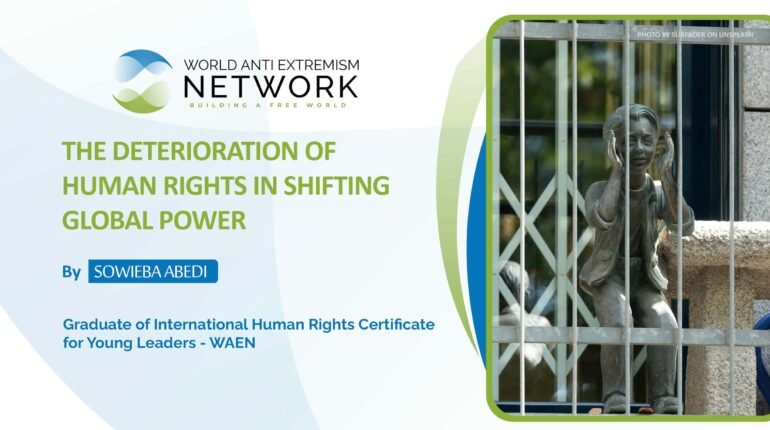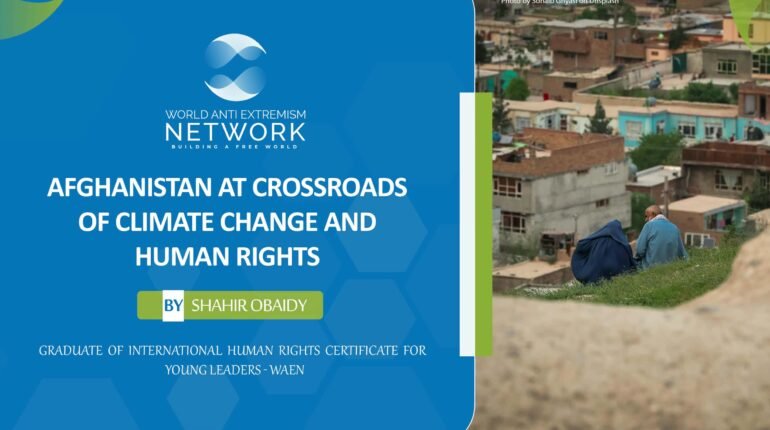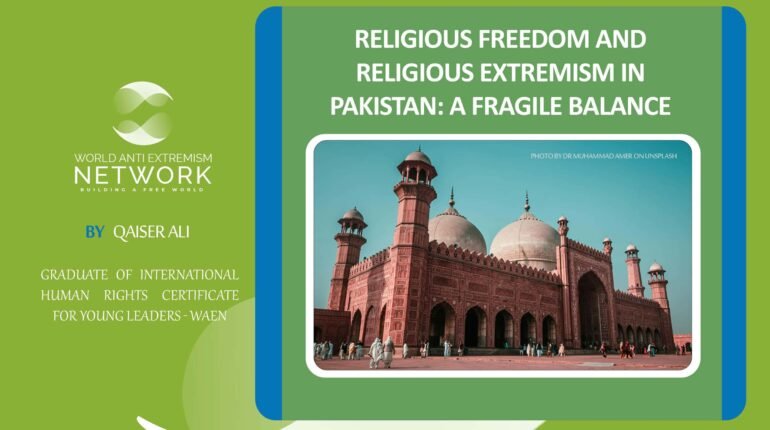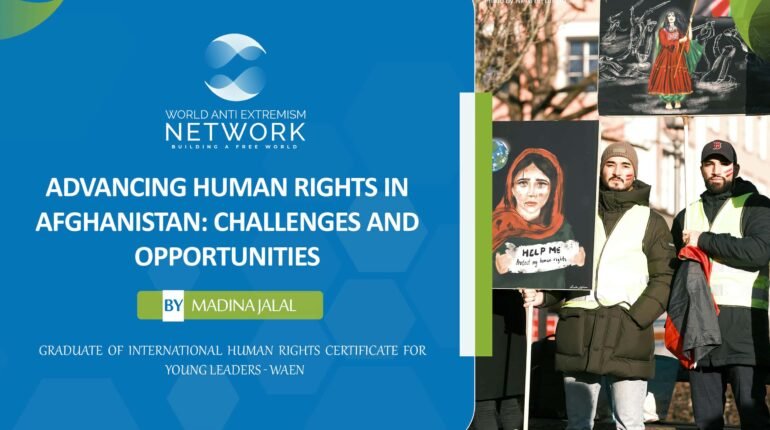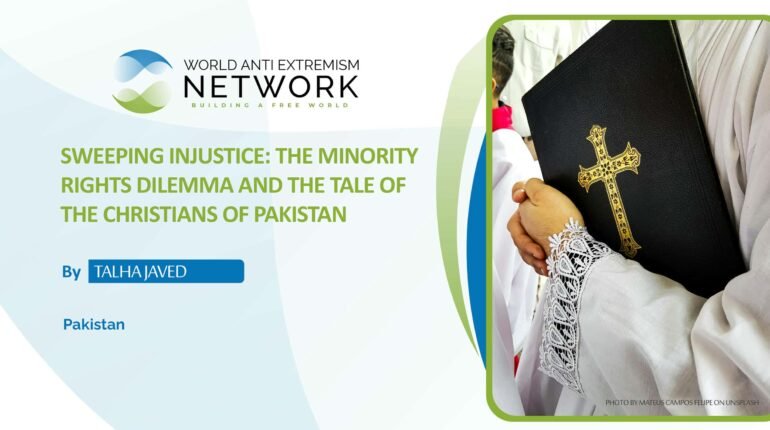Minorities in Afghanistan: My Call for Justice and Protection for Hazaras and Sikhs
- World Anti Extremism Network
- Minorities in Afghanistan: My Call for Justice and Protection for Hazaras and Sikhs
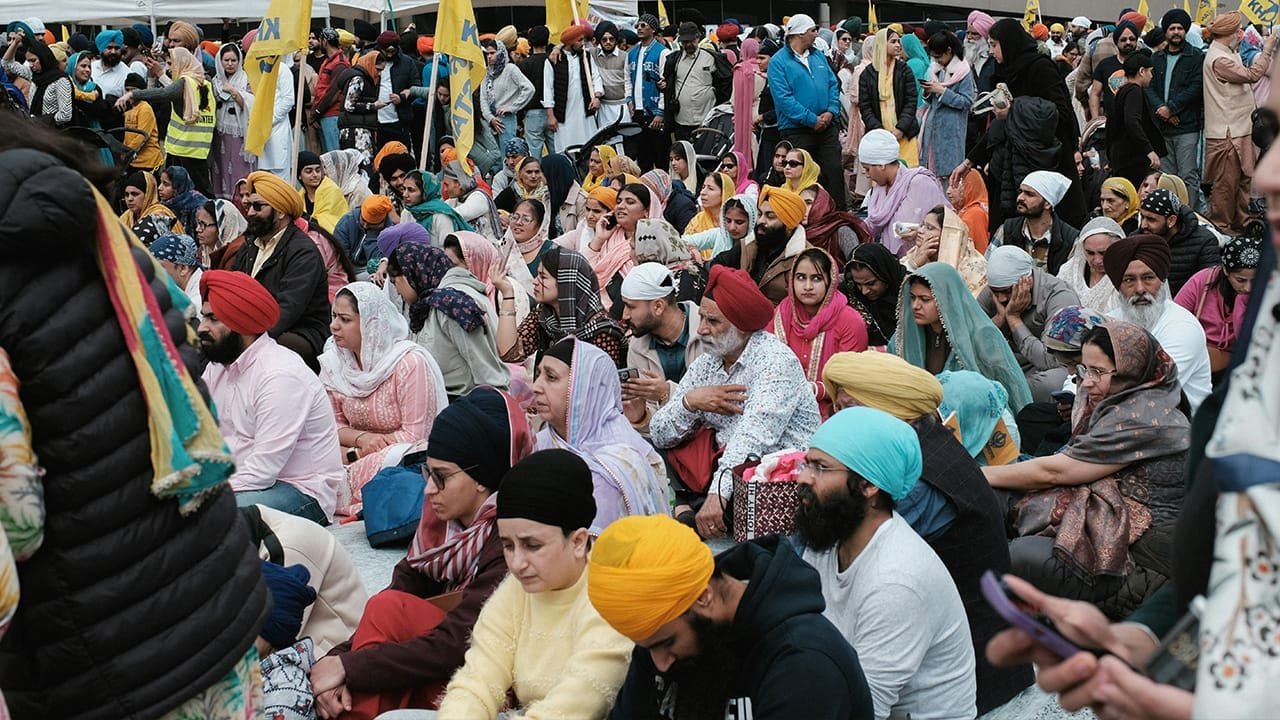
Photo by Ramneek Singh on Unsplash
- Minorities in Afghanistan: My Call for Justice and Protection for Hazaras and Sikhs
- By Mohammad Yaseen Jaras
- Jan 06, 2025
Share on:
Afghanistan is a multi-ethnic country that is home to more than 50 different ethnic groups, none of which form a majority. Some researchers divide these ethnic groups into two major categories: Large minorities such as Pashtun, Tajik, Hazare, and Uzbek, and small minorities such as Qazalbash, Imaq, Baloch, Arab, Sikh… (Musavi, 1998, p. 3)
throughout the modern history of Afghanistan, except for two individuals, Burhandin Rabbani and Habibullah Kalkani, all the rulers of Afghanistan were Pashtuns. Since the era of Amir Abdul Rahman Khan and the establishment of a unitary political system, many ethnic and religious repressions have taken place, such as the genocide of the Hazaras in 1892, as well as the Sikhs of Afghanistan who were killed during the civil wars in Afghanistan. From 1996 to 2001, they suffered bloody attacks.
Two ethnic groups are more in danger than other ethnic groups in Afghanistan, various dangers threaten their lives.
- Hazaras: This ethnic group, which makes up about 20 percent of Afghanistan’s population, belongs to the Islamic Shiite religion and the Altai Turkic race. This ethnic group is easily recognizable because they believe in a different interpretation of Islam and have a different physical appearance, and for this reason, they have always been discriminated against throughout history. During the genocide that happened in 1892 by Amir Abdul Rahman, 65 percent of the Hazaras were killed and the rest were enslaved. Also, the genocide that took place during the first period of Taliban rule in Mazar-e-Sharif in August 1998 is one of the obvious examples in which over 10 thousand Hazaras were killed.it is also worth mentioning that during the civil war in Afshar of Kabul about 3 thousand Hazaras were killed by the Shura Nezar party which was led by Ahmad Shah Masoud.
- Sikhs: The Sikhs of Afghanistan are among the people who live in the eastern province of Afghanistan and have a Hindu religion. The population of these people is about 2 – 5 hundred thousand people. These people, having a long historical background in these areas of Afghanistan, are among the minorities who are the main residents of that area. These people, having the Hindu religion in a society where the majority are Sunni Muslims, have struggled with discrimination and violence throughout history. Particularly, between 1996 and 2001, during the civil wars, these people were attacked and forcibly displaced. Also, in the twenty years of the United States presence, these people were subjected to numerous terrorist attacks, which caused huge casualties.
Now, with the Taliban coming to power, concerns about genocide and discrimination against these ethnic groups have intensified. As we read in the previous part, During the first period of Taliban rule in Afghanistan, the Taliban committed the genocide of the Hazaras in Mazar-e-Sharif. simultaneously, the Sikhs of Afghanistan were also attacked and openly discriminated against by this group. These attacks of violence did not remain only during the Taliban period, but after the U.S. and its Allies attacked Afghanistan and the establishment of the coalition government led by Hamid Karzai. these attacks continued and there were countless suicide attacks in maternity hospitals, educational centers, religious ceremonies, and sports halls of Hazaras and Sikhs took place.
But now, with the arrival of the Taliban, not only have these tribes been marginalized, but they are also facing serious threats. In addition to the fact that the ISIS attacks on these two ethnic groups have intensified, the Taliban have also increased the pressure in the way of choosing religious ceremonies, forced migration, and stealing the assets of Hazaras and Sikhs. The question that comes up is what should be done to pass this stage?
I believe that there are different solutions to this problem and efforts should be made to eliminate these threats from all sides. In this part, I will deal with some solutions that I believe will be effective.
- Political solution: Afghanistan is a multi-ethnic country and none of these groups constitute the absolute majority. The only way to respect the rights of all minorities in Afghanistan is to create a federal political system. By creating a federal political system, all minorities will have the authority to decide on their local laws, and they can see themselves in the political arena. The countries of the world, human rights defender organizations, and human rights activists should support this plan and put pressure on the Taliban to force them to accept this type of government.
- Human rights Activist: Human rights defenders by producing knowledge, reporting, and documenting the situation of human rights, especially the rights of minorities, to international organizations, ask the human rights organizations to close the way for the Taliban to interact with the world. They will be encouraged to isolate the Taliban as much as possible and will force the Taliban to respect the rights of minorities and other deprived groups.
- Designing a plan to help minorities: human rights defenders can get funds from international organizations by writing proposals and presenting programs to help ethnic minorities, and they can Reduce the pressure on minorities by launching a small project and helping minorities.
- Launching protests and improvement tents: Human rights activists should attract the attention of decision-making bodies by launching protests and improvement tents at the international level and inside Afghanistan and demand what is in the interest of the people.
As a result, it can be written that the human rights situation in Afghanistan is at the worst possible stage after 2001. But by taking the mentioned solutions and strong will, you can pass the stage and have a free and beautiful Afghanistan.

About the Author
Mohammad Yaseen Jaras is a political scientist and human rights advocate from Mazar-e-Sharif, Afghanistan. He holds a Bachelor’s degree in Political Science from the Nokhbagan Institute of Higher Education and has published articles on Afghanistan’s geopolitical position and federalism in Indian and European academic journals. Jaras has contributed to academia as a lecturer at Nokhbagan Institute, where he taught Comparative Politics and International Relations. He also organized the British Consul's debate program and end-of-semester seminars, fostering critical discussions among students on global and national issues. Beyond academia, Jaras is a dedicated human rights advocate. He completed a human rights training course with the World Anti Extremism Network (WAEN) and is actively involved in human rights organizations. He advocates for the protection of minorities and the promotion of inclusive governance. Jaras is driven by a vision to help build a democratic, just Afghanistan. He aims to support legal reforms, promote social justice, and contribute to creating a peaceful and prosperous society. With his background in political science and human rights, Jaras is committed to shaping a better future for Afghanistan
The opinions expressed in these articles are solely those of the authors and do not reflect the views or positions of the organization. If you find any information incorrect, please contact (research@worldantiextremism.org), and we would be happy to assist you. You can download, distribute, and reuse this work, provided you credit the author and cite the original source.
Related Articles
Subscribe to our newsletter and stay updated.
Contact
Toronto, Ontario, M1L 0E5 Canada
Subscribe to our newsletter and stay updated.
Contact
Toronto, Ontario, M1L 0E5 Canada
Subscribe to our newsletter and stay updated.
Contact
Toronto, Ontario, M1L 0E5 Canada


